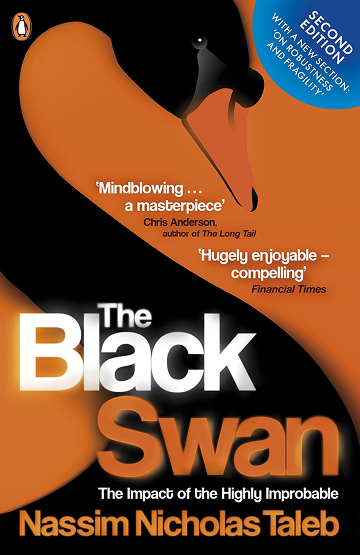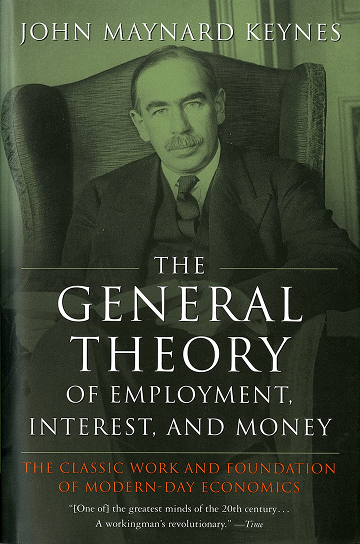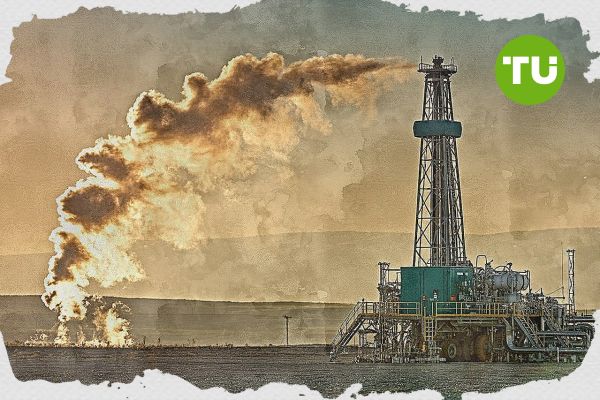Suleiman Kerimov Net Worth, Biography and Key Insights



Suleiman Kerimov’s Profile Summary
|
Company
|
Polyus Gold |
|---|---|
|
Position
|
Former Owner |
|
Source of wealth
|
Investments in mining, oil, banking, and telecommunications sectors |
|
Also known as
|
"Russia's Great Gatsby" |
|
Age
|
59 |
|
Education
|
Master of Economics, Dagestan State University |
|
Citizenship
|
Russia |
|
Residence
|
Moscow, Russia |
|
Family
|
Married, three children |
|
Website, Social Media
|
No info |
Suleiman Kerimov’s biography
Suleiman Abusaidovich Kerimov, born on March 12, 1966, in Derbent, Dagestan, is a Russian billionaire investor and politician known for his high-stakes investments across various industries. After graduating from Dagestan State University with a degree in economics, Kerimov began his career as an economist at Eltav, a state-owned electrical plant in Makhachkala. His rise to prominence started in the early 1990s when he transitioned into banking by taking over Fedprombank, a bank that provided financing to struggling industries during Russia's economic transformation.In 1999, Kerimov acquired Nafta Moskva, a former state-owned oil trading company, and used it as an investment vehicle to diversify his portfolio. He strategically invested in various industries, including energy, mining, telecommunications, and finance. Notably, Kerimov acquired significant stakes in Gazprom and Sberbank, Russia's largest natural gas company and state-owned bank, respectively.
Kerimov's most notable acquisition was his investment in Polyus Gold, Russia's largest gold producer. By 2005, he had purchased a 37% stake in the company and later increased his ownership to nearly 95%. Under his leadership, Polyus Gold became one of the world's largest gold producers. Despite facing challenges, including financial losses during the 2008 crisis and sanctions from the U.S. and the EU, Kerimov remains one of Russia’s wealthiest individuals. As of 2025, his net worth is estimated at $10.7 billion.
-
How did Suleiman Kerimov make money?
Suleiman Kerimov built his fortune through a combination of strategic investments and high-stakes financial maneuvers across key sectors of the Russian economy. His financial journey began in the early 1990s when he took control of Fedprombank, which played a crucial role in financing struggling industries during Russia's economic transition from socialism to capitalism. This experience gave him the foundation to pursue larger investment opportunities.
In 1999, Kerimov acquired Nafta Moskva, a former state-owned oil trading company, which he transformed into a diversified investment vehicle. Through Nafta Moskva, he ventured into energy, finance, and telecommunications. He made substantial investments in Gazprom, Russia's largest natural gas producer, and Sberbank, the country’s leading state-owned bank. These investments yielded massive returns as both companies grew to dominate their respective markets.
Kerimov’s most significant financial success came from his investment in Polyus Gold. In 2005, he purchased a 37% stake in the company, Russia’s largest gold producer, and later increased his ownership to nearly 95%. The gold industry proved to be highly lucrative, especially during times of economic uncertainty when gold prices surged.
Kerimov's investment strategy involved acquiring undervalued or distressed assets and leveraging their recovery to generate substantial wealth. Despite facing sanctions from the U.S. and the EU, Kerimov has maintained his influence and wealth. His diverse portfolio across various sectors, including mining, oil, banking, and telecommunications, has solidified his status as one of Russia’s wealthiest and most influential businessmen. -
What is Suleiman Kerimov net worth?
As of 2025, Suleiman Kerimov’s net worth is estimated to be $16.4 B.
What is Suleiman Kerimov also known as?
Suleiman Kerimov has been dubbed "Russia's Great Gatsby" due to his lavish lifestyle and significant influence within Russia's elite circles.Prominent achievements of Suleiman Kerimov
Kerimov transformed Nafta Moskva into a diversified investment vehicle, acquired significant stakes in major Russian companies like Gazprom and Sberbank, and became a dominant player in the gold industry through Polyus Gold. His political role as a representative of Dagestan in Russia's Federation Council since 2008 further underscores his influence.What are Suleiman Kerimov’s key insights?
Kerimov's investment approach focuses on acquiring distressed assets at low valuations, capitalizing on their recovery to generate substantial returns. His diversified portfolio across various sectors reflects a strategic acumen in navigating complex economic landscapes.
Suleiman Kerimov’s personal life
Suleiman Kerimov is married and has three children. His family maintains a relatively private life, with limited public information available about their personal affairs.
Useful insights
Understanding market forces
In my experience, to truly succeed as an investor, it’s essential to understand the driving forces behind market behavior. Market movements aren’t random—they’re influenced by a range of economic theories and dynamics. The following books provide valuable insights into these forces, offering a deeper understanding of how global financial markets operate and what shapes their trends.
-
Nassim Nicholas Taleb – "The Black Swan"

-
Summary:
Taleb explores the concept of rare, unpredictable events—so-called "Black Swans"—that can have massive impacts on markets and society. These events are often overlooked by traditional risk management models, leading to devastating consequences when they occur. Taleb illustrates how these unpredictable shocks shape our world, often more than gradual, expected changes.
-
Why read it:
This book challenges conventional thinking about risk and uncertainty, showing that many major historical and financial events were "Black Swans." It's a vital read for investors who want to build resilience in the face of market volatility.
-
-
John Maynard Keynes – "The General Theory of Employment, Interest, and Money"

-
Summary:
Keynes revolutionized economics by focusing on total demand within an economy and its effect on output and inflation. His theory suggested that government intervention could stabilize economic cycles through fiscal and monetary policy. The book also explains the consequences of under-consumption and the role of interest rates in managing economic stability.
-
Why read it:
For investors interested in macroeconomic trends and policy impacts, Keynes’ work is essential. Understanding the Keynesian framework can help investors predict how government actions might influence market performance.
-
Other profiles in category
Popular Financial Guides
Latest Financial News

Tariffs on SA exports endanger citrus auto, and wine sectors

South African Post Office gets R1.8 billion, not promised R3.8 billion































































































































